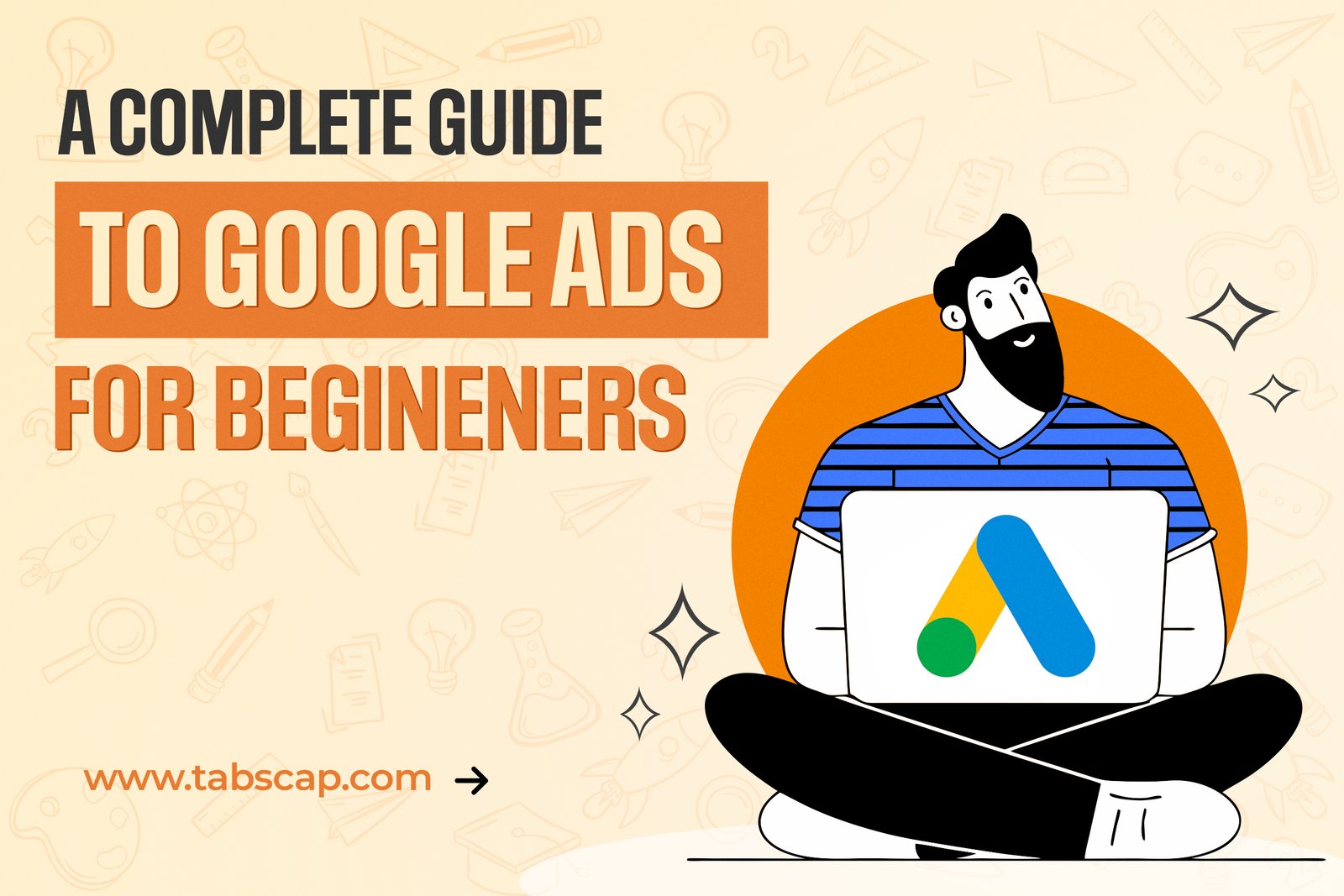

Search Engine Optimization (SEO) can be confusing for people who’re new to it. With so much information on the internet, newcomers are likely to believe almost anything that sounds compelling. But with heaps of information, a lot of misinformation or myths are also present on the internet.
A brand or business that wants to grow its internet presence by having a website needs to work on SEO. Designing a website would go to waste if they don’t learn what matters and doesn’t in SEO. So, they need to steer clear of SEO myths. For that reason, we’ll discuss 10 common SEO Myths you have to stop believing.
Let’s begin.
More Backlinks Means Better Ranking
Backlinks are the links that direct users to your website. They are the links present on other websites. You have to create backlinks to build authority.
But does that mean you have to build a lot of backlinks?
That’s not necessarily true. The quality of backlinks is more important than quantity. If you were given an option to choose between 100 low-quality backlinks and 30 high-quality backlinks, we recommend you choose the latter. That’s because search engines like Google, Bing, and Yahoo value websites with high-quality backlinks.
So, there’s no point for you to put unnecessary effort into creating lots of backlinks when you can achieve a better result with fewer backlinks. Instead of hard work, focus on smart work. It will benefit you, your website, and your business.
More Content Means Better Ranking
If you don’t have content on your website, you’re offering nothing to users. So, why would users stick to your website when you have nothing for them?
Having no content on your website is as bad as having unnecessary content. The myth that you need to have a lot of content to rank is believed by many people.
Let’s bust this myth by telling you that the only thing true about content is that you need to have high-quality content. Even if your website has 15 to 20 high-quality blogs, you’ll likely start ranking in search results.
So, start focusing on the quality of your website’s content.
External Links Are Useless
External Links are the links that lead users to different websites from your website. Many websites believe that when they can provide all the information, what’s the need of linking to other websites.
But that’s not how it works. You have to link to other websites that have more detail about some topic. Search engines value websites that provide external links.
Moreover, your website can’t be the jack of all trades. It must have a niche, and if it doesn’t, Google and other search engines will have difficulty knowing which category your website belongs to.
So, if you want to increase the chances of your website appearing in the search results, start linking to other authoritative websites. Don’t worry, as external linking won’t increase your website’s bounce rate.
SEO Has To Be Done Once
SEO has to be done as long as you want your website to appear in the search results. Optimizing your website as per the search engines is a continuous process. If you stop working on it while your website is functional, it will be a matter of time before your website disappears in the search results.
The Search Engine Optimization (SEO) a website does initially is essential because it boosts its chances of becoming more visible. With time, the effort into the SEO decreases a bit, but it doesn’t completely end.
If you’ve hired a Digital Marketing agency, you have to ask them how they’d work when your website is up and running. Will they still work on your website’s SEO? If they say they’ll work on your website’s SEO until it is live, then choose that agency. If not, find another.
Meta Title & Meta Description Don't Matter
Meta Title & Meta Description are the gateways to your website. Nothing on your website will matter if they’re not written properly because users won’t click on a website with poorly written meta titles & meta descriptions.
Even after knowing all these things, some websites still don’t optimize their meta titles & meta descriptions. That’s because they believe in the myth that both these things don’t matter for their website’s SEO.
It is always advisable to optimize anything that people see first. For SEO, it is meta titles & meta descriptions.
Guest Blogging Is Of No Use
Guest Blogging is when your write articles and blogs for other websites. Its main aim is to provide information to users. But most people use guest blogging to get links that lead back to their websites (backlinks).
There is a large population that believes that getting backlinks using guest blogging is not right. But, the practice is not right when you write anything in blogs and articles. When blogs and articles don’t offer any value to the users, that’s the real issue.
It is absolutely fine when you write high-quality content for other websites and include your website’s links within the content. You should avoid providing links back to your website in the Author Bio because that serves no real purpose.
Remember, when you link to your website, the users must get some value. If you want them to land on your website just for the sake of it, you shouldn’t provide any link.
Websites Cannot Rank Without Long-form Content
Long-form content is content that contains more than 1,500 words. Some believe content longer than 1,200 words is long-form. While others think more than 2,000 words are long-form. So, we’ve taken the average number here.
The myth that long-form content helps a website rank higher was widely believed, and still, many websites indulge in this practice. But it is not true. Yet again, we’ll highlight that quality of content matters.
You can have blogs on your website with more than 1,500 words, but if you provide no real value to the users, your blogs’ length won’t matter. Simple as that.
People on the internet want quality, and if your website isn’t providing, start working on it.
Duplicate Content Will Result In A Penalty
Many people don’t know that duplicate content won’t result in a penalty from Google. Google will simply show a single page instead of showing multiple same pages. But that doesn’t mean you go on writing the same content intentionally.
Many SEO beginners who know that duplicate content will penalize their website fear uploading a certain blog because they already have a similar blog on their website. But after learning that this is a myth, we hope people who were afraid of Google’s strict actions can be at peace.
Google has refined its algorithm so that identical pages won’t cover up space in the search results. Google wants all quality websites to appear in the search results instead of the same website appearing multiple times.
Your Website Can Get Traffic Without Keyword Research
If you believe your website can rank and get traffic without keyword research, you have to know how vital keywords are for a website. Without them, it becomes impossible for websites to appear in the search results.
Keywords help search engines, and users know what your website is all about. If they won’t know your website’s niche, they wouldn’t be able to put it into a category.
You know everything about your business. So, it is easy for you to know which services you can provide. Based on that, you can know the keywords that will be in line with your business.
Once you know about the keywords, you have to use them smartly on your website. Remember, keyword stuffing was a thing of the past. Now, you have to use keywords if they actually serve a purpose. Using them unnecessarily will make your website appear less trustworthy.
Also, know that a single keyword may not help your website rank. You’ll have to combine keywords with long-tail keywords. You have to keep the doors open from everywhere for users. If not from one keyword, they can visit your website by searching for some other keyword.
So, anyone thinking keywords are useless has to know that keywords are not going anywhere, and they’ll stay relevant for years to come.
URLs Must Contain The Webpage's Keyword
You may have seen websites that have a page’s primary keyword in the URLs. Some do it intentionally, while others don’t think about it. If several SEO experts have advised you about the importance of keywords in URLs, we want to tell you that this is not necessary.
It is a widely circulated myth that keywords in URLs are a ranking factor. It is not true. URLs play an insignificant role in ranking a website. If, based on this advice by people, you’ve changed the URLs of your website, you’ve put in unnecessary effort for something which is not vital.
So, stop stressing about a webpage’s keyword in the URL and start working on actual SEO practices that bring results.
Conclusion
For businesses and brands to succeed on the internet, they must differentiate between good advice and common myths. If they go on the path of following myths, they will do more harm than good on their website.
In this blog, we talked about the 10 common myths related to SEO. You have to stop believing them if you want to grow your brand’s website. Our intention for writing this blog was to save people’s time and effort, which would go into rectifying the mistakes they would have made on their websites based on the SEO myths.
So, bookmark this blog and refer to it when you want to be sure whether an SEO practice is legit or a myth.



